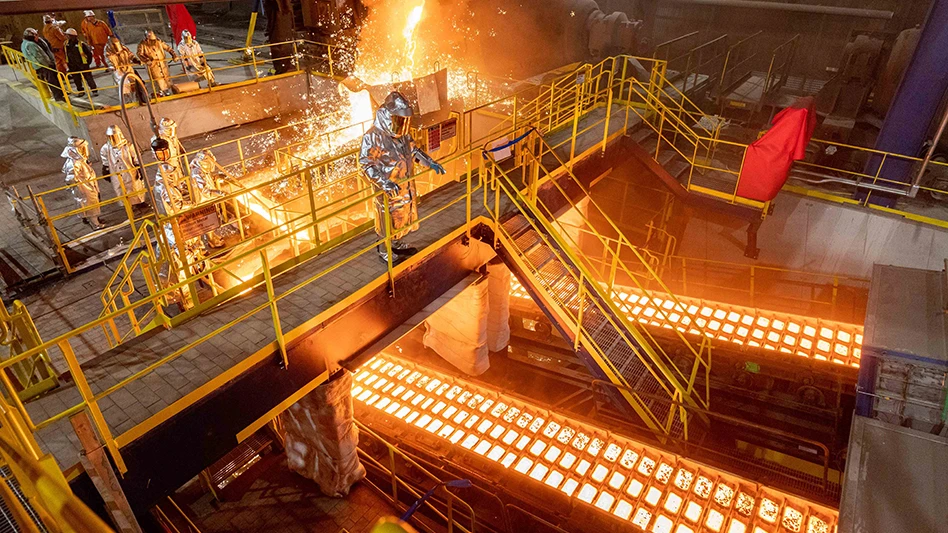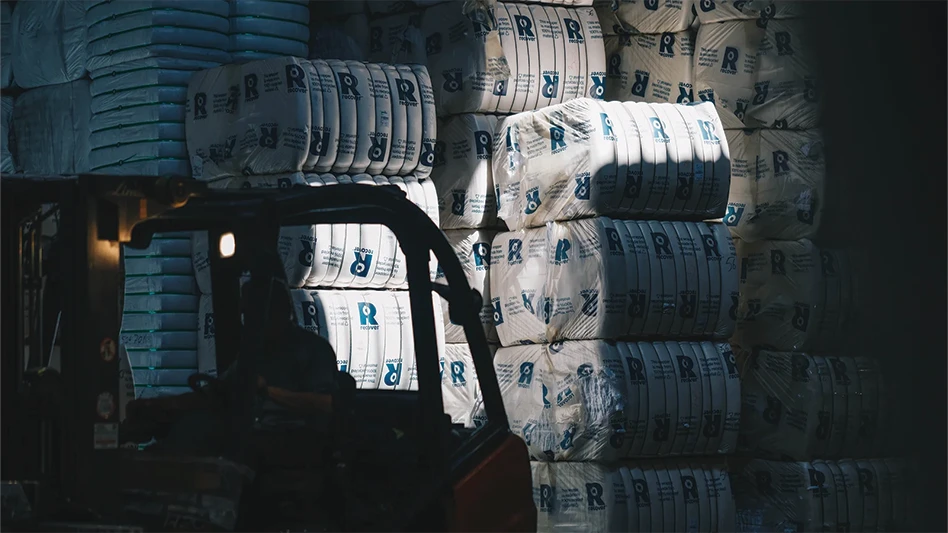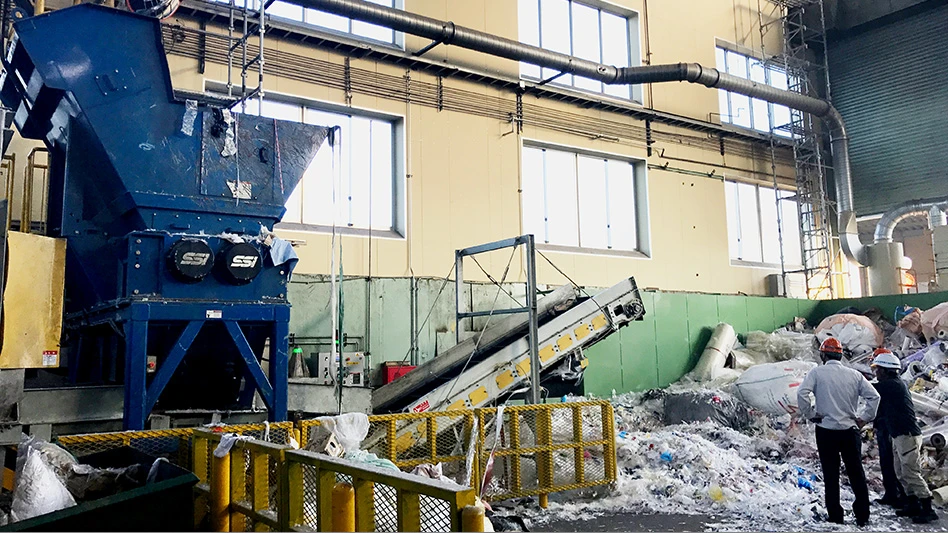
Photo by Brian Taylor
A United Steelworkers (USW) local representing some 400 workers has gone on strike at the Constellium aluminum used beverage cans (UBCs) consuming mill in Muscle Shoals, Alabama.
In a 2017 Recycling Today article, Constellium said a furnace being installed at that facility was expected to increase the total recycling output of the plant by 170 million pounds, or by 5.2 billion additional UBCs per year. With that furnace, the facility can recycle nearly 20 billion UBCs per year, Constellium says.
A news release issued by USW Local 200 Dec. 21, 2020, says more than 400 of its members are on strike against Constellium at the plant over what the USW calls unfair labor practices at the facility, which it notes was formerly owned by Wise Alloys and Reynolds Aluminum. Paris-based Constellium purchased the facility in 2014 from Wise in a transaction that was finalized in January 2015.
The USW says the strike began Dec. 15 after what it calls “months of negotiations with management” seeking what it calls “a fair, acceptable agreement” to follow up on a contract that expired Nov. 1, 2020.
“Constellium insists on a contract that would erase decades of collective bargaining progress on issues like seniority and occupational health and safety in order to give management the unchecked authority to pick and choose exactly who works and when,” says USW District 9 Director Daniel Flippo. “Long before Constellium acquired this plant, our union contract made these the kind of jobs that support families and sustain our community,” he continues. “We cannot allow the company to take them away.”
Constellium, as of Dec. 28, has not posted a statement on its website addressing the labor-management negotiations or the strike.
The UBC-derived aluminum can sheet made in Muscle Shoals has been in high demand and short supply during parts of 2020, as COVID-19 has caused a surge in stay-at-home beverage consumption. At the same time, sustainability factors have caused some beverage producers to shift to using more highly recycled aluminum rather than plastic, which has a lower recycling rate.
Latest from Recycling Today
- Biden officially blocks Nippon Steel’s acquisition of US Steel
- Highland Sanitation awarded solid waste and recycling contract in Wanamingo, Minnesota
- Ecobat gathers support for California permit renewal
- RecyclX platform designed to provide materials transparency
- Turkish mills sampled wide scrap market in 2024
- GLE Scrap Metal acquires interest in Mallin Cos.
- 2024 marks strong year for Van Dyk
- Recycled metal portrayed as former dictator’s fiefdom





